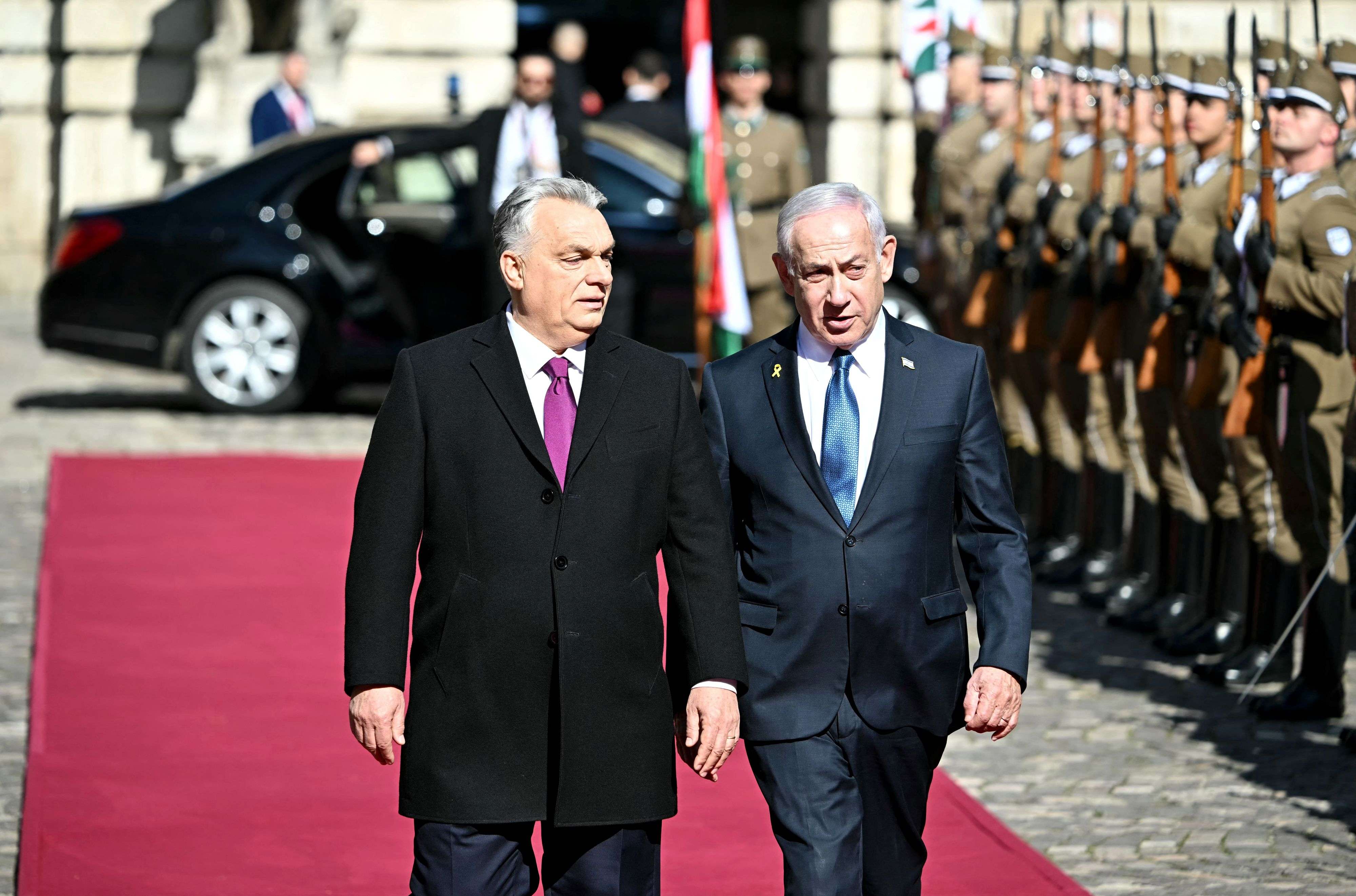Hungary to withdraw from International Criminal Court

Hungary will initiate the legal procedure for withdrawal from the International Criminal Court (ICC) in The Hague on Thursday.
“Hungary is leaving the ICC. The government will initiate the withdrawal procedure, in accordance with the international legal framework,” Gergely Gulyas, chief of staff to prime minister Viktor Orban, announced on Facebook.
Budapest has repeatedly denounced an institution it considers “politically biased” and has decided to follow in the footsteps of US president Donald Trump, who in February imposed sanctions on the ICC for what he called “illegitimate and baseless actions against America and our close ally Israel”.
'Moral clarity'
The announcement comes as Orban is visited by Israeli prime minister Benjamin Netanyahu, against whom the ICC issued an arrest warrant in November. Hungary invited him as soon as the warrant became known, saying it was “shocked by a shameful decision”. In return, Israel praised Hungary’s “moral clarity”.
"This is a significant setback for international justice and the fight against impunity for the most serious crimes"
Belgian Foreign Affairs minister Maxime Prévot criticised the decision, which would make Hungary the only EU member state not party to the Rome Statute, the ICC’s founding treaty. He also reaffirmed Belgium’s support for the institution.
“This is a significant setback for international justice and the fight against impunity for the most serious crimes, including genocide, crimes against humanity, war crimes, and the crime of aggression,” he said in a post on X.

“It paves the way for a world where might makes right. It is important to remind Hungary that as long as it has not officially withdrawn, it remains bound to respect the Statute and to cooperate fully with the Court, including by complying with the arrest warrants it issues.”
The withdrawal of a state takes effect one year after the official filing of the dossier with the UN secretary general.
Hungary signed the Rome Statute in 1999, ratifying it two years later, during Orban’s first term of office. It did not ratify the associated convention for constitutional reasons and claims not to be obliged to comply with the ICC’s decisions.
Viktor Orban and Benjamin Netanyahu in Budapest, Hungary, 3 April 2025 © PHOTO ATTILAa KISBENEDEK / AFP
Related news

